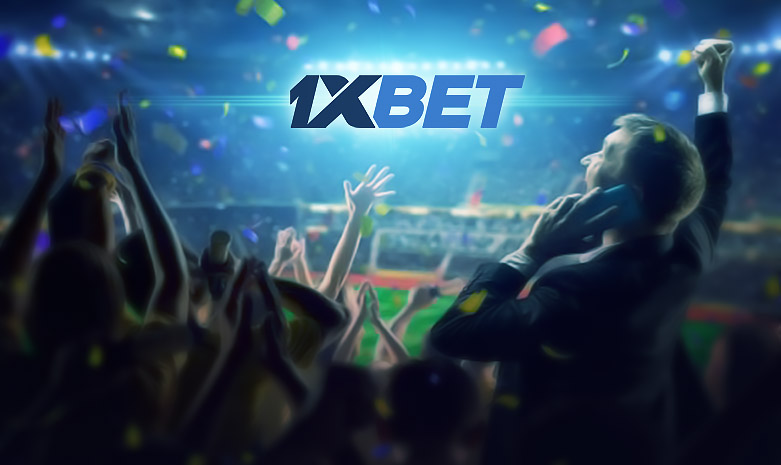
How Casinos Handle Disputes and Player Complaints
In the world of gambling, both online and offline, disputes and player complaints are inevitable. Players expect fair treatment, and when things go awry, it is essential for casinos to have robust mechanisms in place to address these issues. This article will delve into the various ways casinos handle disputes and player complaints, ensuring that players can enjoy their gaming experience while feeling secure in their rights. For those interested in maximizing their experience, checking out How Casinos Handle Disputes and Player Complaints best online casino bonuses can be a great start.
The Importance of a Complaint Resolution System
A well-structured complaint resolution system is crucial for maintaining player trust and loyalty. Casinos must take complaints seriously and address them promptly. A transparent process not only mitigates the situation but also enhances the casino's reputation. By implementing effective communication channels, casinos can ensure that players feel heard and understood.
Common Types of Disputes
Disputes can arise from various situations in a casino setting. Below are some common types:
- Payment Issues: Delays or errors in withdrawals are frequent sources of complaints.
- Game Fairness: Players may question the integrity of games, especially with regard to random number generators (RNGs).
- Bonus Disputes: Misunderstandings about bonus terms and conditions can lead to grievances.
- Account Management: Issues regarding account verification and restrictions can create frustration.
The Complaint Process
Casinos typically have established policies for handling complaints. Here’s a general outline of the complaint process:
- Initial Contact: Players should first contact the customer service department. This is often done through live chat, email, or phone.
- Documentation: Players are encouraged to document the issue, providing screenshots or transaction IDs to support their claims.
- Investigation: The casino reviews the complaint, looking at all relevant information to find a resolution.
- Response: The casino communicates its findings to the player, offering a resolution if applicable.
- Escalation: If players are unsatisfied with the response, they may escalate the complaint to regulatory bodies or independent arbitrators, depending on the casino's policies.
Communication Channels
Effective communication is vital in resolving disputes. Casinos often provide several channels for feedback:

- Live Chat: Many online casinos offer 24/7 live chat support, ensuring that players receive immediate assistance.
- Email: Players can send detailed messages outlining their complaints, which allows for thorough written records.
- Phone Support: A direct line to customer service can provide a more personal touch, allowing for real-time conversation.
Best Practices for Players
To ensure a smooth resolution process, players can adopt several best practices when lodging a complaint:
- Stay Calm: Approach the situation calmly and professionally, as this increases the likelihood of a positive outcome.
- Be Clear and Concise: Clearly state the issue and what resolution you are seeking.
- Keep Records: Document all communications with the casino, including dates, times, and details of conversations.
Regulatory Oversight
Many jurisdictions have regulatory bodies that oversee the gambling industry. These organizations often set standards for complaint handling and can provide additional avenues for players seeking resolution. If a player’s complaint remains unresolved, they may contact these regulators for further assistance.
Independent Mediation
If a dispute escalates beyond the casino’s internal processes, players have the option to seek independent mediation. Organizations such as the eCOGRA (eCommerce and Online Gaming Regulation and Assurance) provide services to mediate disputes between players and online casinos.
Preventive Measures
To avoid disputes, casinos often implement preventive measures, including:
- Clear Terms and Conditions: Casinos must communicate bonus and game rules clearly to avoid misunderstandings.
- Regular Training: Staff undergo training to handle disputes effectively and provide consistent customer service.
- Feedback Mechanisms: Casinos may solicit feedback from players to identify potential issues before they escalate into complaints.
Conclusion
Understanding how casinos manage disputes and player complaints is crucial for maintaining a positive gaming environment. A structured complaint process, effective communication channels, and a commitment to resolving issues can significantly enhance player satisfaction. For players, knowing their rights and how to navigate the complaint process can make all the difference between a positive gaming experience and a frustrating one. Casinos that prioritize player feedback and transparency not only foster trust but also ensure the longevity of their business in the competitive gaming market.
